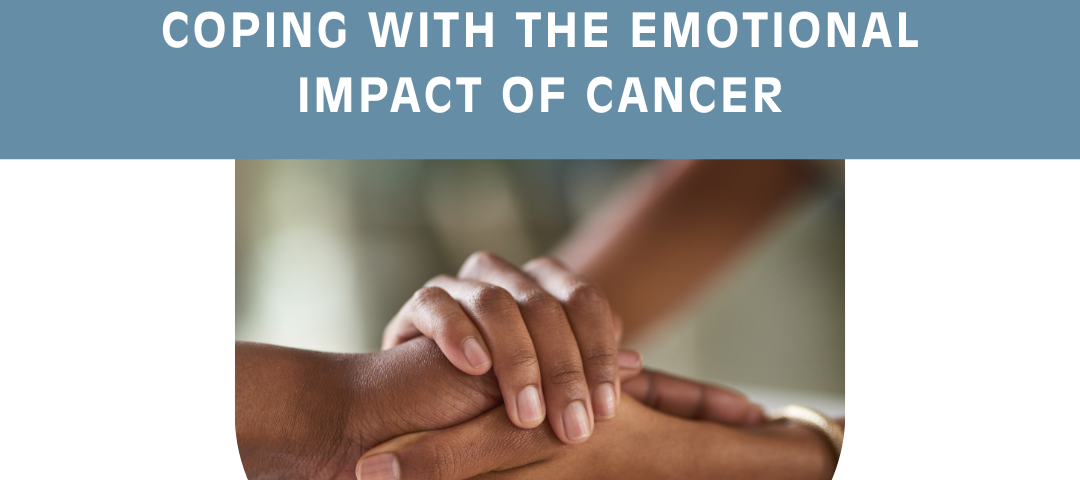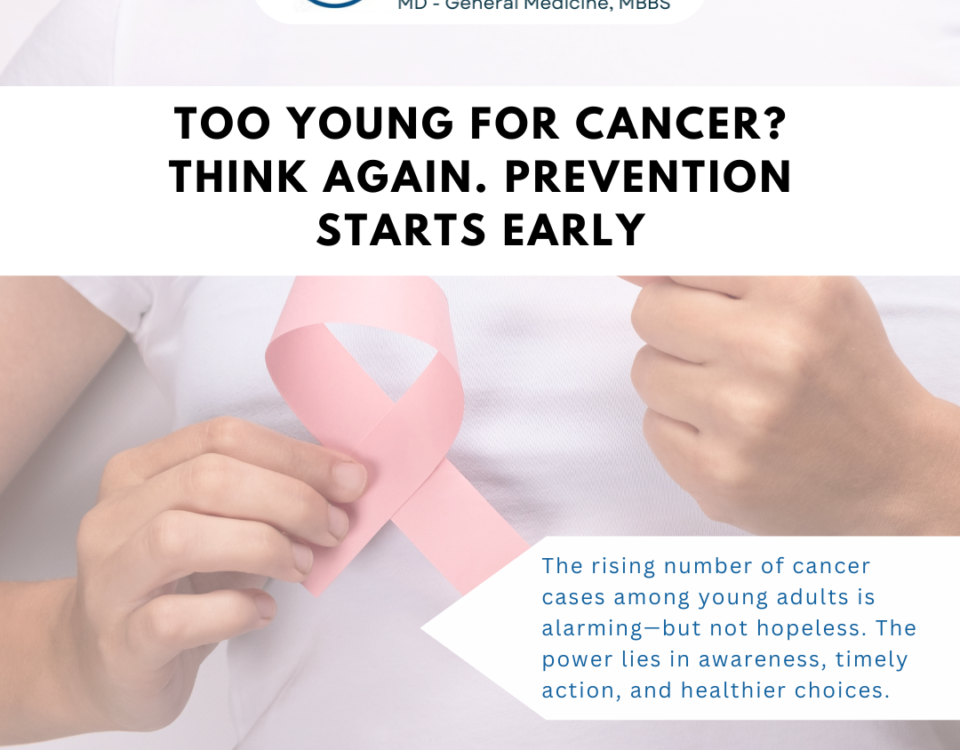A cancer diagnosis doesn’t just affect the body—it deeply impacts the mind and soul. From the moment you hear the word “cancer,” a wave of emotions hits: shock, fear, anger, anxiety, and often sadness. These feelings are normal. In fact, they’re part of the journey.
But here’s the good news—you don’t have to go through it alone. Taking care of your mental health during cancer treatment is just as important as treating the illness itself.
Let’s talk about it.
The Emotional Side of Cancer: What You May Feel
Each person’s journey is unique, but some common emotional reactions include:
- Fear of the unknown
- Anxiety about treatment or recurrence
- Frustration and helplessness
- Depression or mood swings
- Body image issues or loss of confidence
It’s okay to feel these things. Mental health support for cancer patients is now a growing field, and it’s helping thousands cope better and heal faster.
Why Mental Health is a Key Part of Healing
Studies show that positive emotional wellbeing can:
- Improve your immune system
- Reduce side effects of treatment
- Help you sleep better
- Boost your response to therapy
- Keep you motivated throughout your care
In short, emotional healing supports physical healing.
Ways to Cope with the Emotional Impact of Cancer
Here are some real, practical ways to take care of your mental wellness during cancer:
1. Talk It Out
Speak to a psycho-oncologist, therapist, or counselor. They are trained to help cancer patients cope.
You don’t need to “stay strong” alone—venting helps heal.
2. Join a Support Group
Connect with others who understand what you’re going through. Online or in-person, cancer support communities can be a lifeline.
“Hearing someone say ‘me too’ can be the most powerful relief.”
3. Practice Mindfulness & Meditation
Even 10 minutes a day can calm your mind. Try apps like Headspace, Calm, or Insight Timer.
- Deep breathing
- Guided visualization
- Progressive muscle relaxation
4. Stay Active (as much as you can)
A light walk, chair yoga, or gentle stretching releases feel-good hormones and reduces fatigue.
5. Express Yourself Creatively
Art, journaling, music, or even gardening can give you an emotional outlet. Create without judgment.
6. Eat for Your Mood
Foods like nuts, bananas, dark chocolate, and whole grains can help regulate serotonin and dopamine.
How Loved Ones Can Help
If you’re a caregiver or family member, remember:
- Listen without offering solutions
- Respect their moods and silence
- Help with small tasks—cooking, paperwork, organizing meds
- Encourage professional help without forcing it
- Celebrate small wins
Even just being present and available can be more comforting than words.
Hope and Healing Go Hand in Hand
You are not just a patient—you’re a person. Your thoughts, fears, and emotions are valid. Whether you’re newly diagnosed, undergoing treatment, or in remission, your mental health deserves space, care, and compassion.
Need Someone to Talk To?
We’re here for you. Whether it’s a listening ear, a professional counselor, or a support group, help is available. Contact Now!





